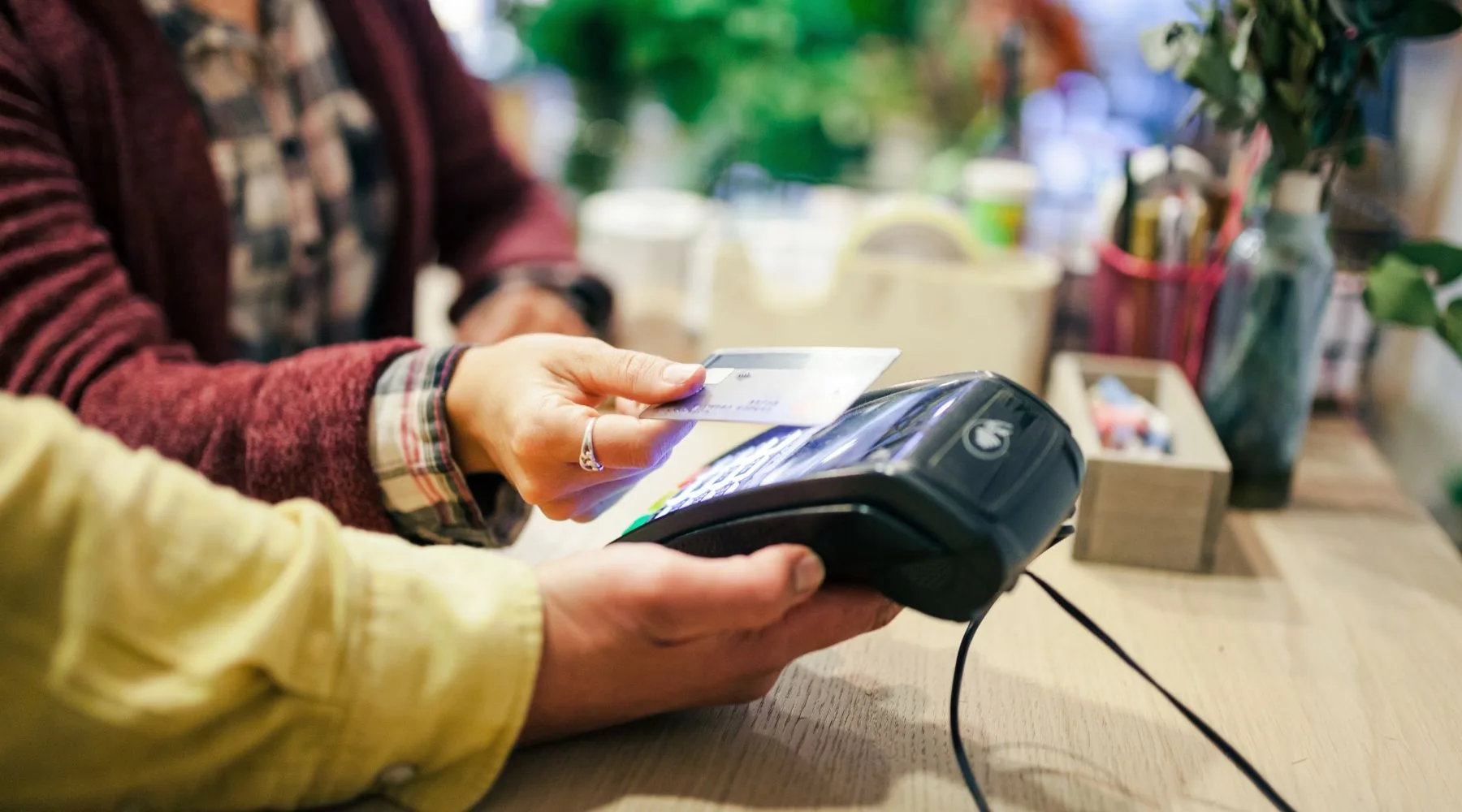Debt regret: 6 million Australians remorseful about purchases on plastic

Millions of credit card users are rueing purchases they've made on plastic, according to new research by Finder.
A Finder survey of 1,063 respondents – 582 of whom have a credit card – revealed more than 1 in 2 (52%) regret a purchase they've made on their card.
That's 5.9 million Aussie credit card holders who swiped, tapped or clicked "buy" for something they wished they hadn't.
The research found 1 in 10 (12%) bemoan purchasing clothing, shoes and accessories, while 8% are remorseful about gambling.
Holidays (5%), entertainment (4%) and electronics (4%) round out the 5 most common credit card purchases Aussies lament.
Amy Bradney-George, credit card expert at Finder, said Australians should focus on the pattern of behaviour rather than one bad purchase.
"Millions have experienced buyer's remorse, but the repercussions could be far reaching if these regrettable purchases become a habit.
"Many of us have bought something without considering our household budget, but with the rising cost of living, a bad buy now can hurt more than it might have a few years ago.
"Impulse buys or other purchases you haven't planned for can wreak havoc on your finances, especially if you don't pay your credit card off in full each month."
This comes as credit card spending has topped $34.3 billion for the first time on record – a surge of 10% in July – according to data from the Reserve Bank of Australia (RBA).
That's a $3.1 billion monthly surge in credit card spending compared to the same time last year.
Credit card holders spent $2,584 each on plastic on average in July – up from $2,398 only 12 months ago.
Bradney-George said one way to avoid impulse spending is to "sleep on it".
"If you still want the item 24 hours later, it can be easier to justify and manage the cost.
"Most credit cards offer instalment plans that can help structure repayments so it's easier to budget for them. Some cards also offer custom limits or blocks on certain types of transactions, which could help reduce temptation.
"Another option is to decrease your credit limit, or remove the card from your physical and digital wallets so you're more likely to spend cash to help lower the risk of ongoing debt. "
Bradney-George urged consumers to take control of their credit card use.
"When people take responsibility for managing their credit card it can be a very powerful financial tool but only if their balance is paid off in full each month.
"This could mean timing repayments to match up with your payday, setting up automatic payments through your credit card account or putting reminders in your calendar.
"A credit card repayment calculator can also help people see how much interest will be charged and plan repayments accordingly.
"If consumers are struggling with credit card debt, it might be time to shop around for a 0% balance transfer deal which will allow them to pay off their debt without drowning in extra interest charges," Bradney-George said.
| What is the most regrettable thing you've purchased using a credit card? | |
|---|---|
| I've never made a regrettable purchase on a credit card | 47% |
| Clothing, shoes or accessories | 12% |
| Gambling (e.g. including lottery tickets or scratchies) | 8% |
| Other | 6% |
| Holidays (e.g. airfare, hotel) | 5% |
| Entertainment, concert or sports tickets | 5% |
| Electronics (e.g. phone, TV) | 3% |
| Jewellery | 3% |
| Gym equipment or memberships | 3% |
| Adult entertainment | 3% |
| Beauty or skincare products | 2% |
| Collector's items | 2% |
| Cryptocurrency | 1% |
| Cosmetic surgery | 1% |
| Sports memorabilia (e.g. signed jersey, equipment etc) | 1% |
| Source: Finder survey of 582 credit card holders, September 2023 |
Here's 6 strategies to help you pay off credit card debt faster.
Ask a question
